




Sanna Magdalena Mörtudóttir
@sannsypants
@sanna92
images:
Alexandra Dögg Steinþórsdóttir
uppskera-listamarkadur.is/collections/alex-steinthorsdottir
@alexsteinthorsdottir
www.alexsteinthorsdottir.com
translation:
Eva Sigurðardóttir
Speculation on invisible role models in low-income jobs
“Barely getting by, it’s all taking and no giving” was Dolly’s message to me on my Sunday walk. Singing about the workday, being ready to serve from nine to five but not experiencing the same loyalty in return from the boss. The workers barely get by while the supervisors walk up the prosperity ladder at the workers’ expense.
Individual achievements which bring people economic benefits are encouraged in the society we live in. At the same time it is usually considered people’s own fault if they live in poverty and deprivation. Such ideology does not take into account underlying social structures and economical injustice. This is maintained by a low-wage policy and a tax system which reduces the load of the rich and transfers it onto lower income groups. The theory of trickle-down economics, the idea that the positive effect tax cuts have on high-income groups will trickle down to the poorer, is not working. We must abandon neoliberalism’s harmful ideology, an ideology which has had a large impact on our society.
Entrepreneurship and high productivity are considered desirable qualities to dedicate to oneself if one wants to get far in life. With this in mind, the ultimate goal is always to improve and climb the ladder of mobility, performance and promotions, the ranks of which are believed to be the golden standard.
Certain jobs are valued more important than others, even though the ones at the bottom of the scale keep society going, such as jobs in health care as well as in cleaning.
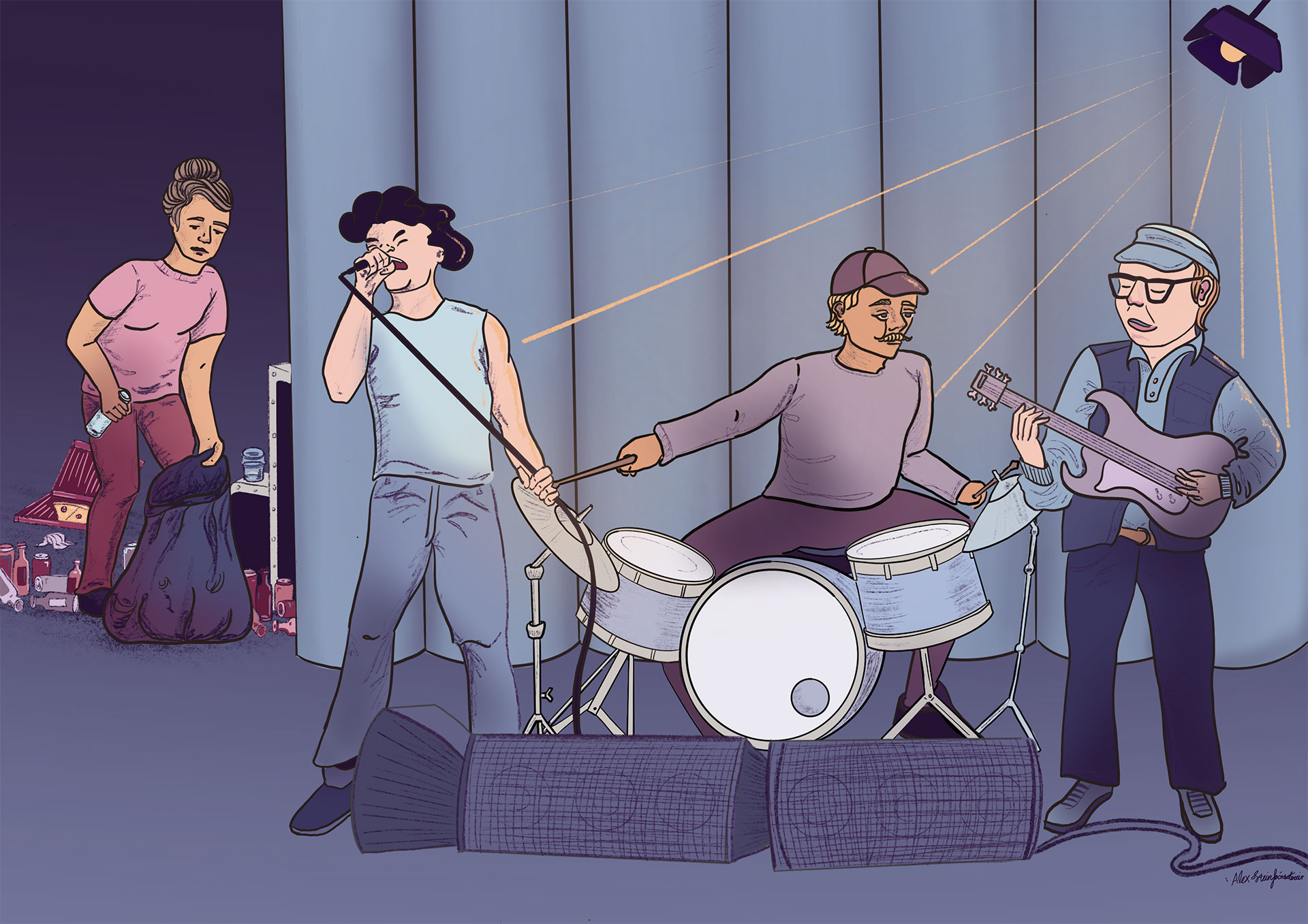
Parents are afraid of their children not “becoming” anything, meaning not becoming successful, and that fear is reflected on in a cartoon I stumbled upon online. There, a mother points out a garbage man to her child: “If you don’t go to school, you will end up like him”. Thus, garbage collectors do not score high with parents regarding ideas for a desirable career for their children. Shortly after, another mother tells her child, “If you work hard at school, you can make the world a better place for the garbage man and others in our society”. This photo was meant to embody the difference between negative and positive attitudes.
Neither parent hits the nail on the head; neither by talking down the job and its workers nor by assuming that the workers’ pay is dependant on the future education of the child and that the educated will save the world. By highlighting the photo I aim to emphasise how certain jobs are not considered desirable, for some reason. In my opinion, removing trash from our environment is a respectable occupation. In the same way I do not understand why people who work as cleaners are often looked down on and referred to as “just scrubbers”. My role models are the people who keep our surroundings clean and our society going, while they strive to keep themselves going with the low wages they receive for their contribution.
In our society, these are low-wage jobs, which have through history been female-dominated occupations. I was raised by a single mother who tried to make ends meet by working part-time as a cleaning lady. It did not work. Gathering other people’s garbage and dirt in order to survive deserves all the respect there is.

Cleaners are the key to the CEO’s being able to arrive to work, into clean and tidy meeting rooms, and for them to be able to return profits to the owners and to pay dividends. Pizza boxes and last night’s leftovers disappear from the office, thanks to the cleaners. In the well kept, fragranced conference rooms the heads and CEO’s of the company can focus on upcoming projects. They are able to think clearly without clutter and dirty computer screens. Now, influenced by neoliberal ideas of efficiency, CEO’s have decided to outsource contracts for cleaning jobs, the one offering the lowest price for the job gets it.
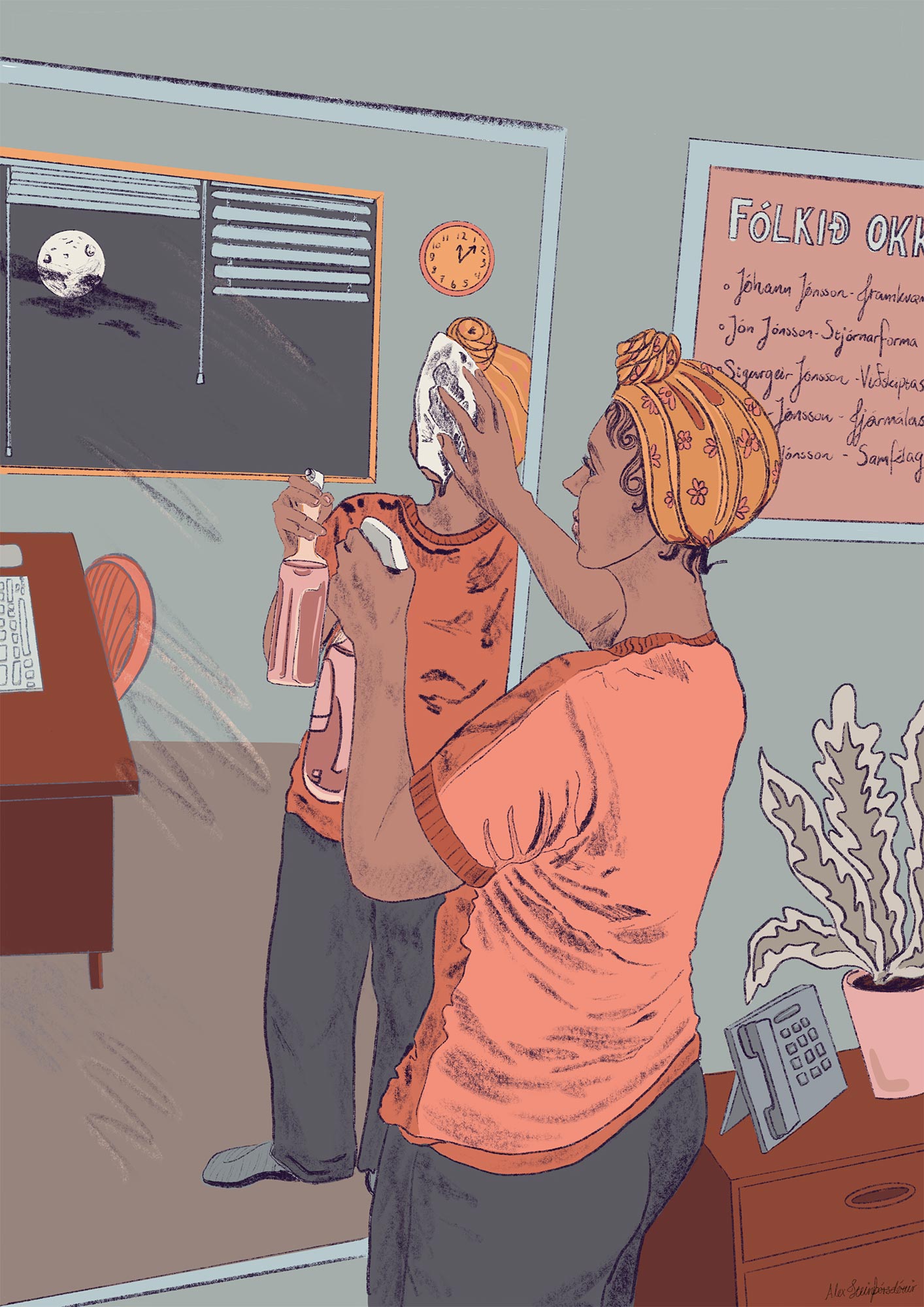
Reduced managing costs result in increased profit for the company. However, with absurd workload on the cleaning staff, the risk of accidents increases for those who rub, scrub and toil because of even more time pressure. More work, less time. Injuries are common amongst cleaners compared to other jobs, although the job is often assumed easier than other jobs. That is far from being the case.
The fresh and shining office spaces require strong and toxic chemicals, stress on the body and many steps around the space and to and from the trash can. Without the cleaning staff, schools, hospitals, transportation and other workplaces would not and could not function. Do you think that the CEO, who just made a profit from the outsourcing, knows that the evening before a member of the cleaning staff had to take a break from cleaning due to hunger and could not afford to buy anything to fulfil it. One of the consequences of a low-wage policy is the fact that people often have to deny themselves of essentials such as food, as the money doesn’t last the month.
Hunger is a powerful force. Hunger for accumulation of wealth and hunger for food security is probably what separates the ambition of the CEO and the cleaning staff in this case.
Would the CEO change his mind regarding the company’s outsourcing policy if he were to experience the same hunger as the members of the cleaning staff? If the CEO would undergo the struggles and experiences of the cleaning staff, would he want to hire them, long term, with better wages?
Or will he wash his hands of the matter by sending out a declaration of social responsibility when running a company? A declaration with the aim to minimise the damage on society and beautify the company’s image. A declaration coming from a company that is simultaneously responsible for maintaining low-wages for those who keep the place spotless. Such an action would not indicate social responsibility.
Today I celebrate all the workers we might not see on the daily basis, but would most definitely notice in their absence. My role models are those who rub and scrub from 9 to 5 as well as 5 to 7, all day, everyday.

Do you support Vía?
Vía counts on your support. By subscribing to Vía you contribute to the future of a medium that specializes in, and puts emphasis on equality and diversity.
Vía, formerly known as Flóra, was founded 4 years ago for critical readers that want to dive underneath the superficial layer of social discussion and see it from an equality, inclusion, and diversity perspective.
From the beginning, Vía has covered urgent societal topics and published issues and articles that have shone a light on inequality, prejudice, and violence that exist in all layers of society.
We emphasize publishing stories from people with lived experiences of marginalization.
Every contribution, big and small, enables us to continually produce content aimed to educate and shine a light on hidden inequalities in society, and is essential for our continuing work.
Support Vía
The classic role model Helen Keller on TikTok

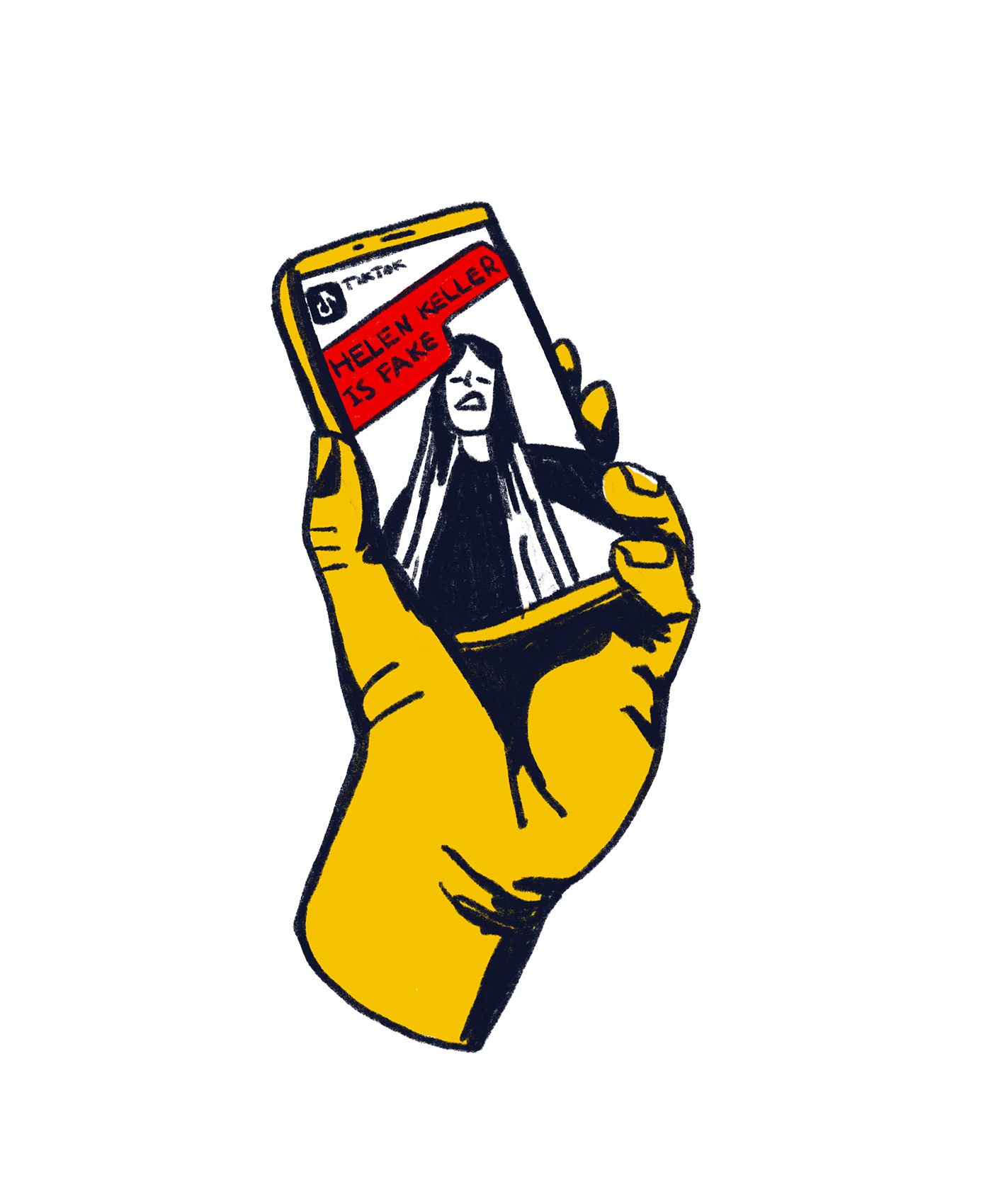
My Right to Exist
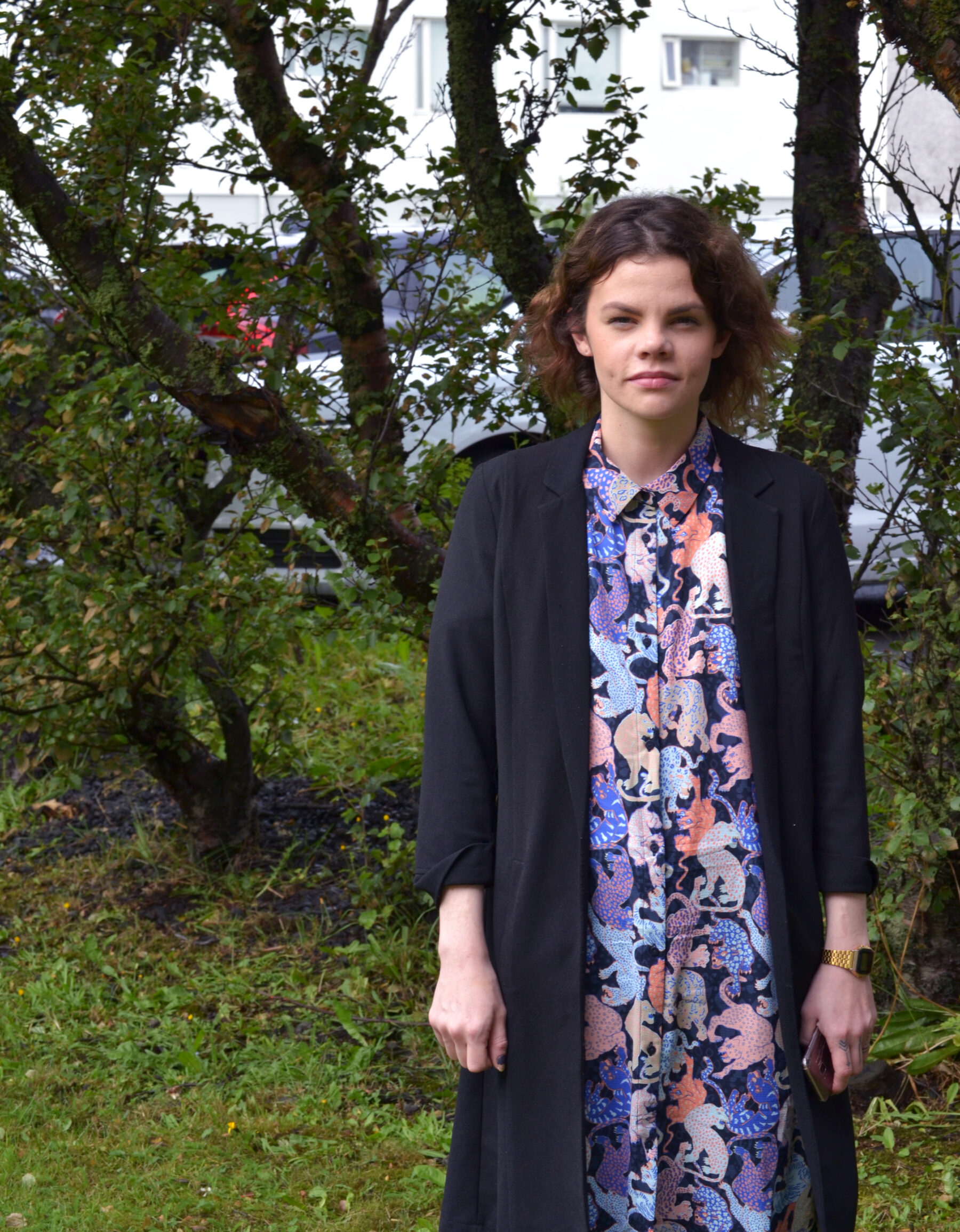

How Does One Become Vulnerable? The Multiple Vulnerabilities and Types of Abuse Women of Multi-Ethnic Origins Experience in Iceland
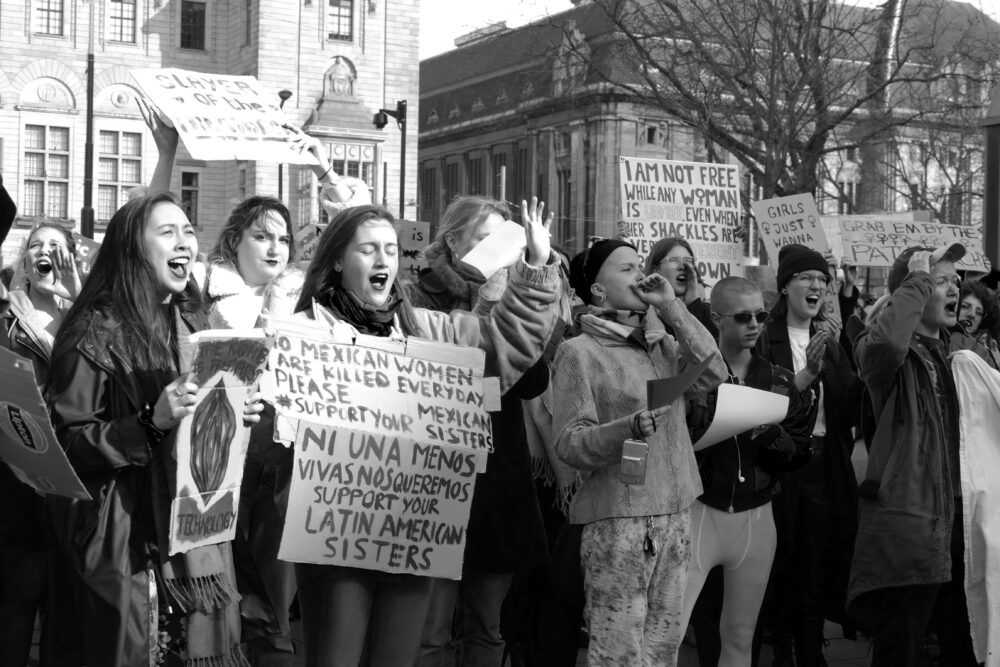
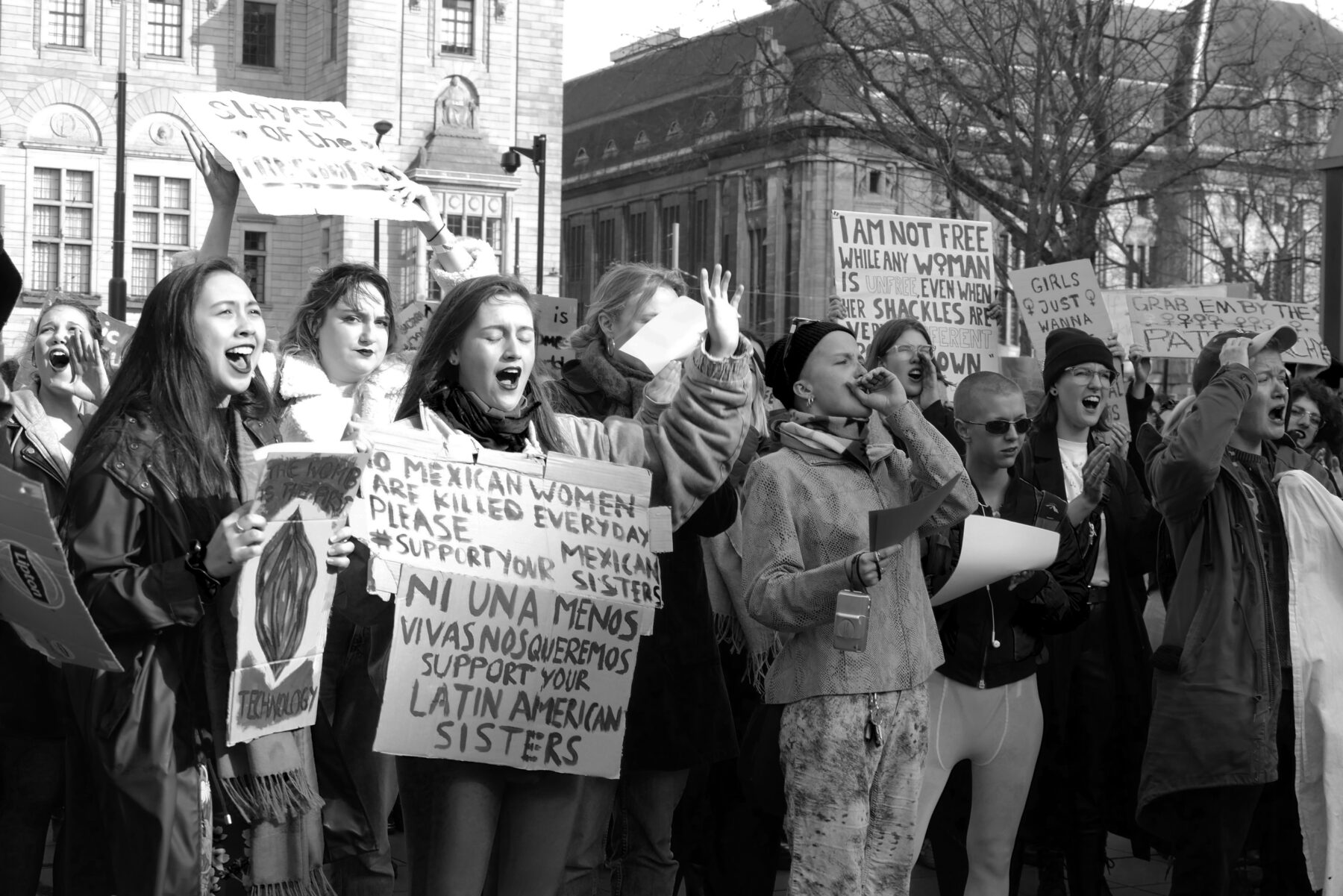
Young Professional Women: If she can do it, so can I
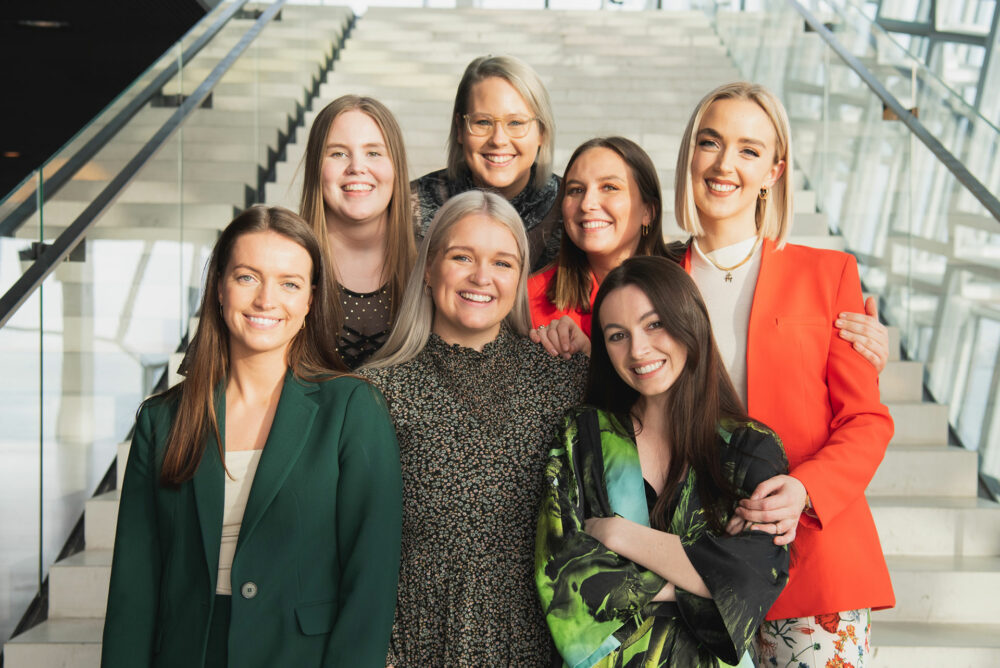

Read more about...